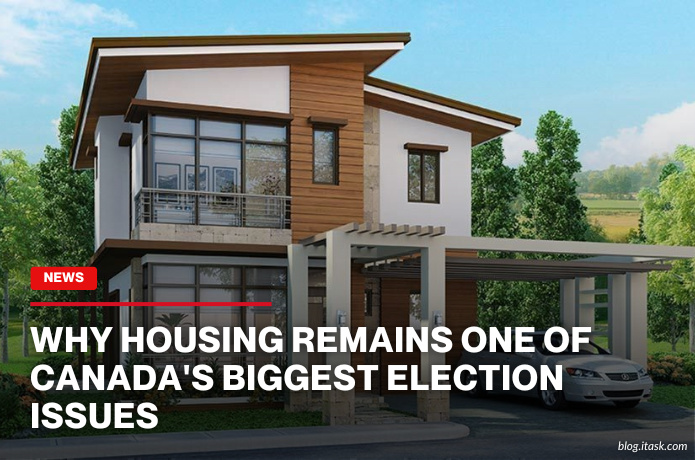Why Housing Remains One Of Canada's Biggest Election Issues
Why Housing Remains One Of Canada's Biggest Election Issues

Housing remains one of Canada's most pressing election issues, driven by soaring prices and a shortage of affordable options. The dream of homeownership has become increasingly elusive, especially for younger Canadians who struggle with high rents and stagnant wages. This crisis has pushed housing to the forefront of political debates, with all major parties proposing solutions to address the growing concerns.
Affordability is at the heart of the issue. In cities like Toronto and Vancouver, the income required to purchase a home has skyrocketed, making it nearly impossible for average earners to enter the market. The pandemic exacerbated the problem, with home prices increasing by over 50% due to heightened demand and limited supply. Experts note that this imbalance has led to a housing cost-to-income ratio of 10:1 in Ontario, a significant jump from the historical 3:1 ratio.
Recognizing the urgency, political leaders have outlined various strategies to tackle the crisis. Prime Minister Mark Carney's Liberal government has pledged to build four million new homes by 2035, eliminate the Goods and Services Tax (GST) on new homes under $1 million, and invest in programs to accelerate housing construction. The Conservatives, led by Pierre Poilievre, propose removing the GST on new homes, reducing bureaucratic red tape, and incentivizing municipalities to lower construction costs.
Both parties agree on the need to increase housing supply but differ in their approaches. The Liberals focus on federal investments and partnerships to stimulate construction, while the Conservatives emphasize deregulation and market-driven solutions. These differing philosophies reflect broader debates about the role of government in addressing housing challenges.
The housing crisis has also highlighted the struggles of renters and marginalized communities. Initiatives like the Canada Rental Protection Fund aim to preserve affordable rental units and support non-profit housing providers. Additionally, proposals to consider rental payment history in credit assessments seek to improve access to homeownership for long-term renters.
As Canadians head to the polls, housing remains a critical issue influencing voter decisions. The outcome of the election will shape the country's approach to resolving the housing crisis, determining whether policies will lean towards government intervention or market-based solutions. Addressing affordability and increasing supply are essential steps toward ensuring that all Canadians have access to safe and affordable housing.
